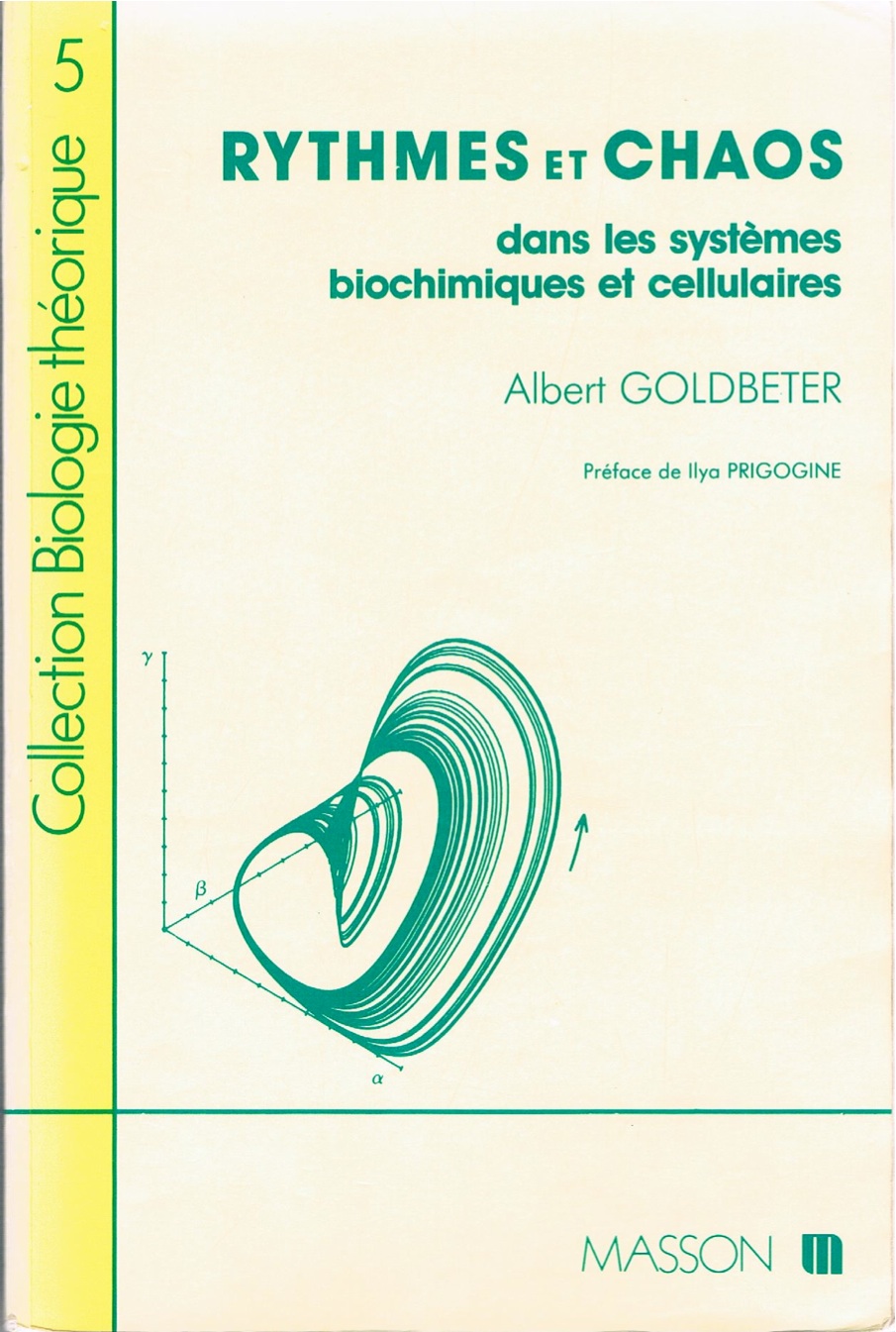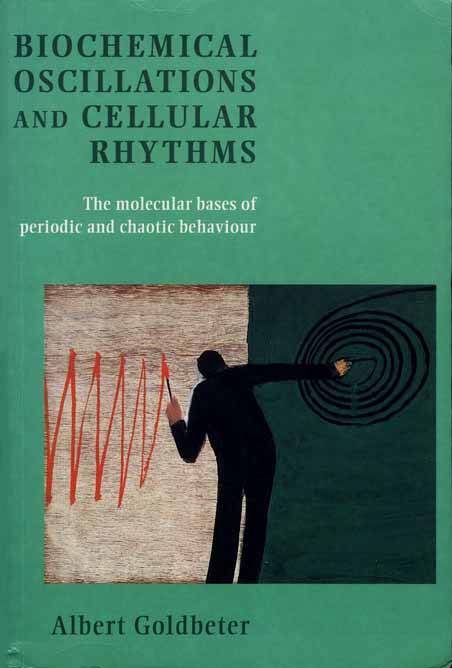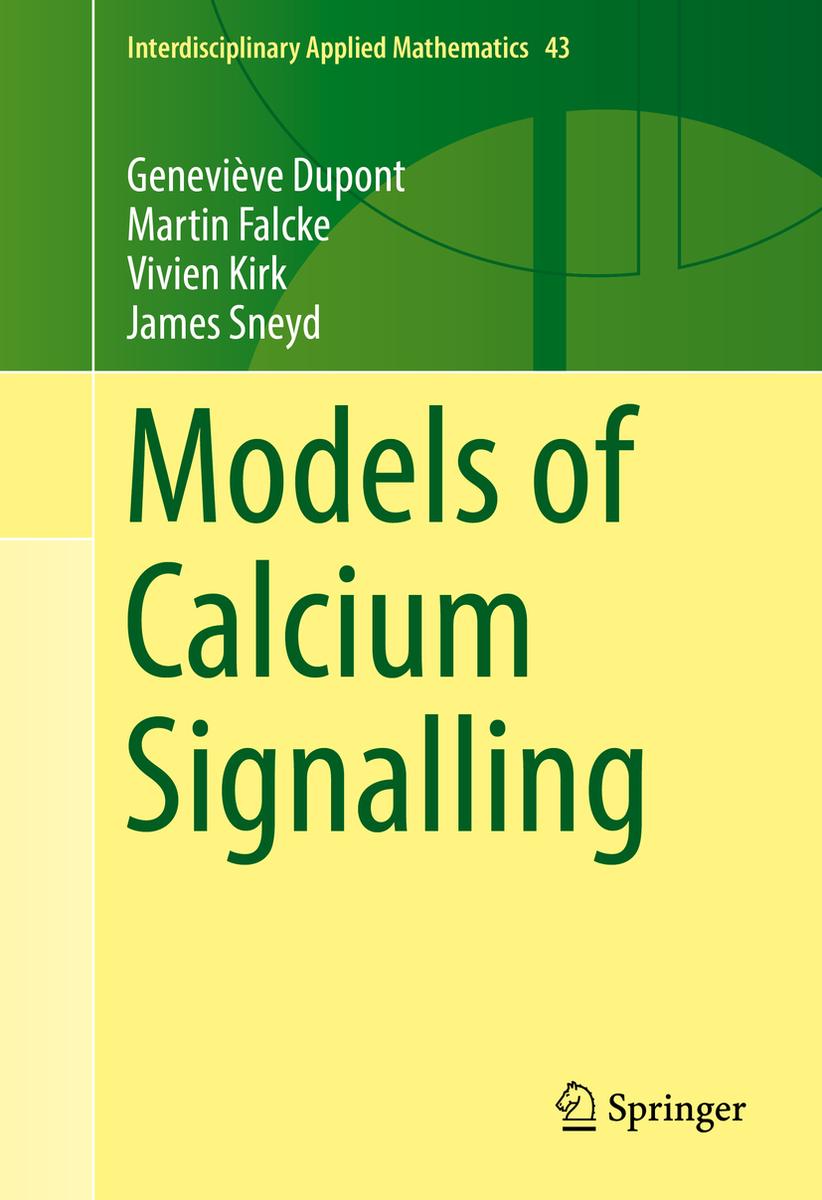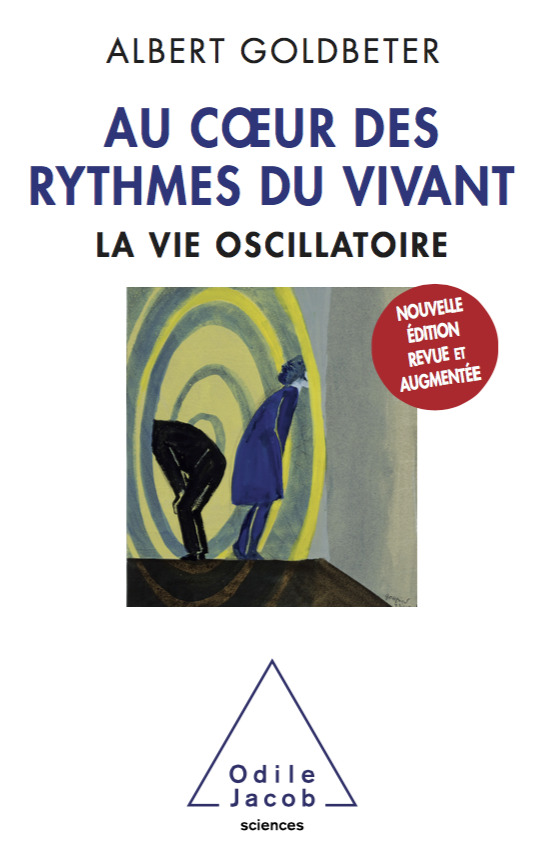|
Unit of Theoretical Chronobiology Université Libre de Bruxelles |
 |
|
Unit of Theoretical Chronobiology Université Libre de Bruxelles |
 |
|
Temporal organization is a characteristic feature of all living systems. In the Unit of Theoretical Chronobiology, we study, through computational modeling, the molecular mechanisms responsible for oscillatory phenomena in biochemical, genetic, and signalling networks (biological rhythms) and for cellular decision making (cell differentiation). 
Rhythmic phenomena can be observed at all levels of biological organization, with periods ranging from milliseconds to years. The molecular mechanisms responsible for these periodic processes generally involve various complex regulatory feedbacks and threshold phenomena which often defy intuition. In the Unit of Theoretical Chronobiology, we develop mathematical models to elucidate the molecular bases of these rhythms and investigate their dynamical properties (frequency coding, periodic forcing, coupling and synchronization, spatial propagation of biochemical waves, etc). This theoretical approach, which is closely based on experimental data, contributes to identify the design principles of biological oscillators and their role in cell physiology. A particular attention is given to calcium signalling, circadian clocks, and the cell division cycle. We also focus on other nonlinear phenomena related to oscillations that can be observed in biology, such as bursting, chaos, and excitability (the ability of a system to amplify a suprathreshold perturbation), as well as on bi- and multi-stability (the coexistence between two or more stable steady states). The latter property is for example exploited in embryonic cell fate specification. All these theoretical models contribute to our understanding of nonlinear dynamics in biological systems and lead to predictions which can in turn be tested experimentally. 



|